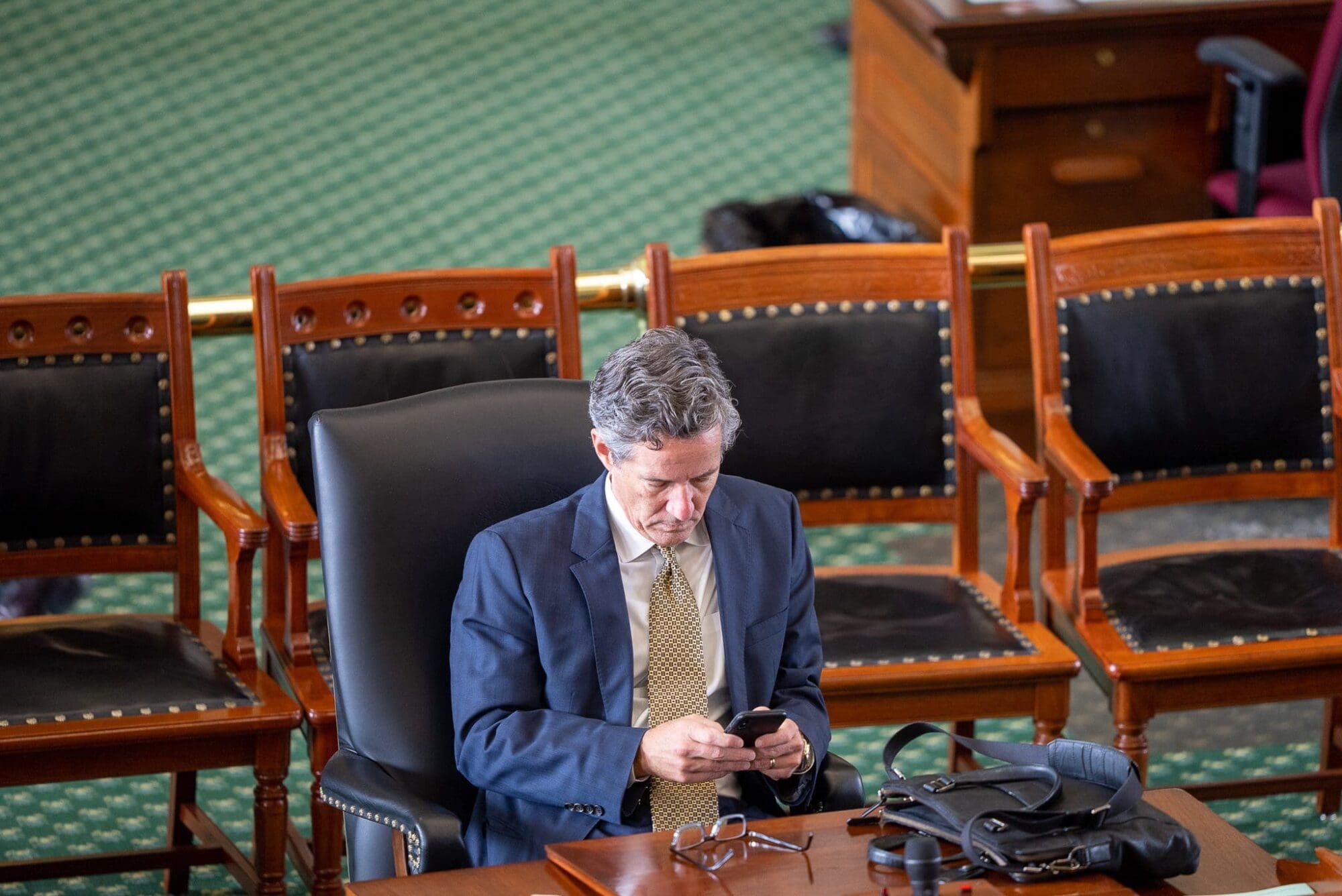Longtime political observers know that Texas isn’t immune from the troubling trend of bureaucracies and courts being weaponized to target political adversaries.
For years, the Texas Ethics Commission has been used by lawmakers and the lobby to attack conservatives exercising their free speech. Now, the commission is considering rules that could land everyday social media activists in the agency’s crosshairs.
Tomorrow, the TEC will consider a proposed rule requiring political advertising disclosures when menial compensation is exchanged during the exercise of free speech on social media.
Increased policing of social media posts threatens to chill political speech with the threat of frivolous and costly enforcement of political witch hunts. The phrase “the process is the punishment” is apt.
Contacted for comment by Texas Scorecard in March, Tony McDonald, a campaign finance attorney, said that TEC enforcement proceedings have a “chilling effect on regular citizens” and many often leave administrative hearings “in tears, swearing ‘they’ll never participate in the process again.’”
The TEC is currently governed by Randall H. Erben, whose term technically expired in November 2021 though he was never replaced. Erben was appointed to the TEC by former Speaker of the House Joe Straus in December 2017.
In addition to serving on the TEC, Erben is an adjunct professor at the University of Texas School of Law. He is the retired founder and owner of Erben & Yarbrough, a firm primarily focused on consulting on ethics matters, including campaign finance, lobbying, and financial disclosures.
His bio lauds that Erben seamlessly moved from private to public sector positions during his career, a trait viewed with suspicion by government watchdogs.
According to Transparency USA, Erben & Yarbrough has donated to the re-election campaigns of several members of the Texas House aligned with Speaker Dade Phelan, including $2,000 to the Speaker himself, during this cycle.
Established in the waning days of Democrat control of Texas in 1991, the TEC has been involved in litigation challenging its constitutionality, composition, and duties, according to the agency’s latest filing with the Sunset Commission.
In March, the commission voted unanimously to publish the rule for comment ahead of tomorrow’s meeting.





